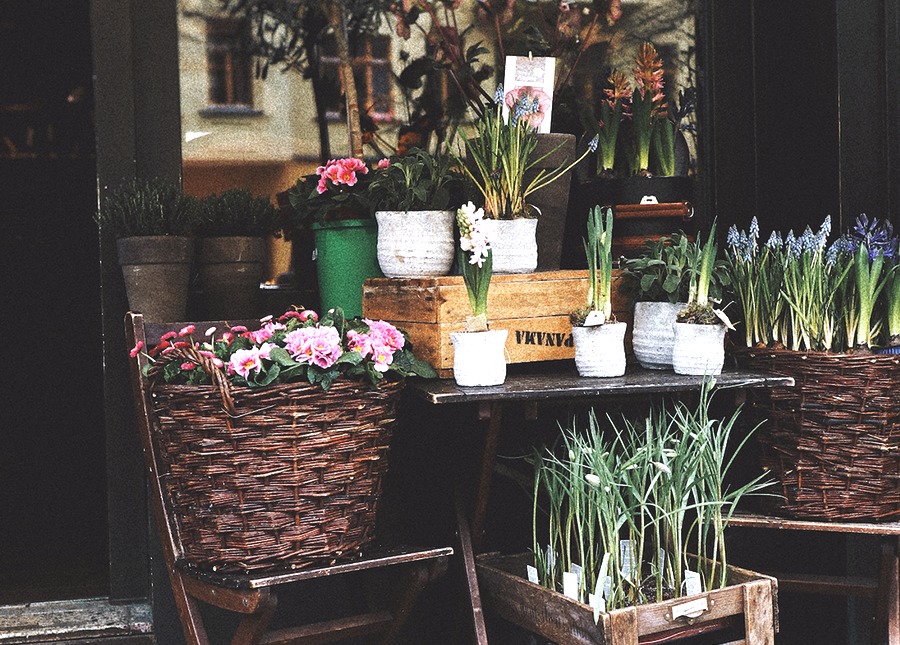Should I Buy It? 5 Quick Steps That Help Me Decide If A Purchase Is Worth It

I’ve been reading The Financial Diet articles for quite a while, and one thing I’ve noticed over and over is how a lot of people have an insane amount of credit card debt, or how some advocate the polar opposite — not getting a credit card at all. That’s fine if you have a debit card that works for online payments and cashless transactions at different establishments.
But before we conclude that credit cards are evil, we can start questioning if a credit card itself is the problem, because sometimes the culprit is people’s habits. I have one, but I have never had debts. On the occasions that I have to use it, I pay the credit card company as soon as the item shows up on my online bank account. I even sometimes make a Google Calendar entry to notify me about payment, in case I forget and it racks up interests (it never has so far). Why would I want to delay payment and end up paying more for something?
Many also seem to buy things even though they don’t have that amount in their bank account yet. Some would argue that it’s an investment (e.g., a DSLR for photography business), but it’s easy to fall into this habit and justify everything as an investment. A good rule of thumb is: don’t spend money you don’t have. It also seems pretty common to use a credit card even for purchases like clothing, technology, and eating out — basically items that would fall into “Fun Money” category. If you’re tired of wasting away your money, here are some tips that could help you decide whether you should buy that special item you’ve been eyeing on.
1. Is it a necessity?
I was raised with not much money, usually just enough for necessities, so I give every purchase a long thought as to I should really buy it. If I need a jacket, sure. But if I want another one just for the heck of it, it’s best to give it another week or two of thinking.
2. Will I use it often?
If a dress is just for one occasion, you’re better off not buying it. (Unless it’s your wedding, I guess! But even then, secondhand wedding dresses are popular nowadays.) So really, are you just using this new dress for one Instagram shot?
3. Will it fit my backpack?
This is the most important question for me, ever since I started backpacking. Even if you’re not one, there’s something to be learned from backpackers. Making sure everything fits in a 55L bag pushes you one step closer to minimalism. If you can’t and won’t bring an item with you when you go backpacking, there’s barely a point to buying yet another shirt or shoes. Even if it’s cheap? Yes, sometimes especially when it’s cheap! Cheap things make it easy for people to buy a ton of shit and hoard too many things at home without actually using them much. It’s Consumerism in all its glory.
4. Donate
If you barely use an item or actually detest it, donate it instead of keeping it. Make a note as to why the item doesn’t work out for you and don’t repeat that mistake.
5. Stick to your budget
I used to save too much. Yes, there’s such a thing! I didn’t want to spend money at all when I could get away with it (see: growing up with not much money). But I decided I want a good balance of enjoying the moment while still saving for the future. I now normally follow the 50/30/20 rule — basically, using 50% of my money for necessities, 30% for Fun Money, and 20% for long-term savings. I want to be able to have fun without feeling bad about it, so it’s advisable to set a specific amount that you could spend on whatever you want weekly.
When I was living in New Zealand and Australia, my “fun money” was maximum 70 NZD/65AUD per week, and the rest of the 30% is saved for non-weekly “wants” such as travel. I budgeted starting Friday, as weekends would be the busiest for going out. I’ll be content for the rest of the week without spending on anything unnecessary if I’ve already had my fun on weekends and already used up my budget.
If I want to buy something unnecessary, I can quickly check if I still have money for it within that week on my Goodbudget app. Just imagine all the savings that you could accumulate if you only buy things that you’ll actually use and will fit a backpack. You’ll be closer to your huge money goals, and your future self will thank you.
Jenn is a virtual assistant to wedding photographers and often a digital nomad. She lost her hearing for 10 years and recently got a Cochlear Implant (thanks to Science and her budgeting skills!). Follow her writing here.
Like this story? Follow The Financial Diet on Facebook, Instagram, and Twitter for daily tips and inspiration, and sign up for our weekly email newsletter here.
Image via Unsplash




